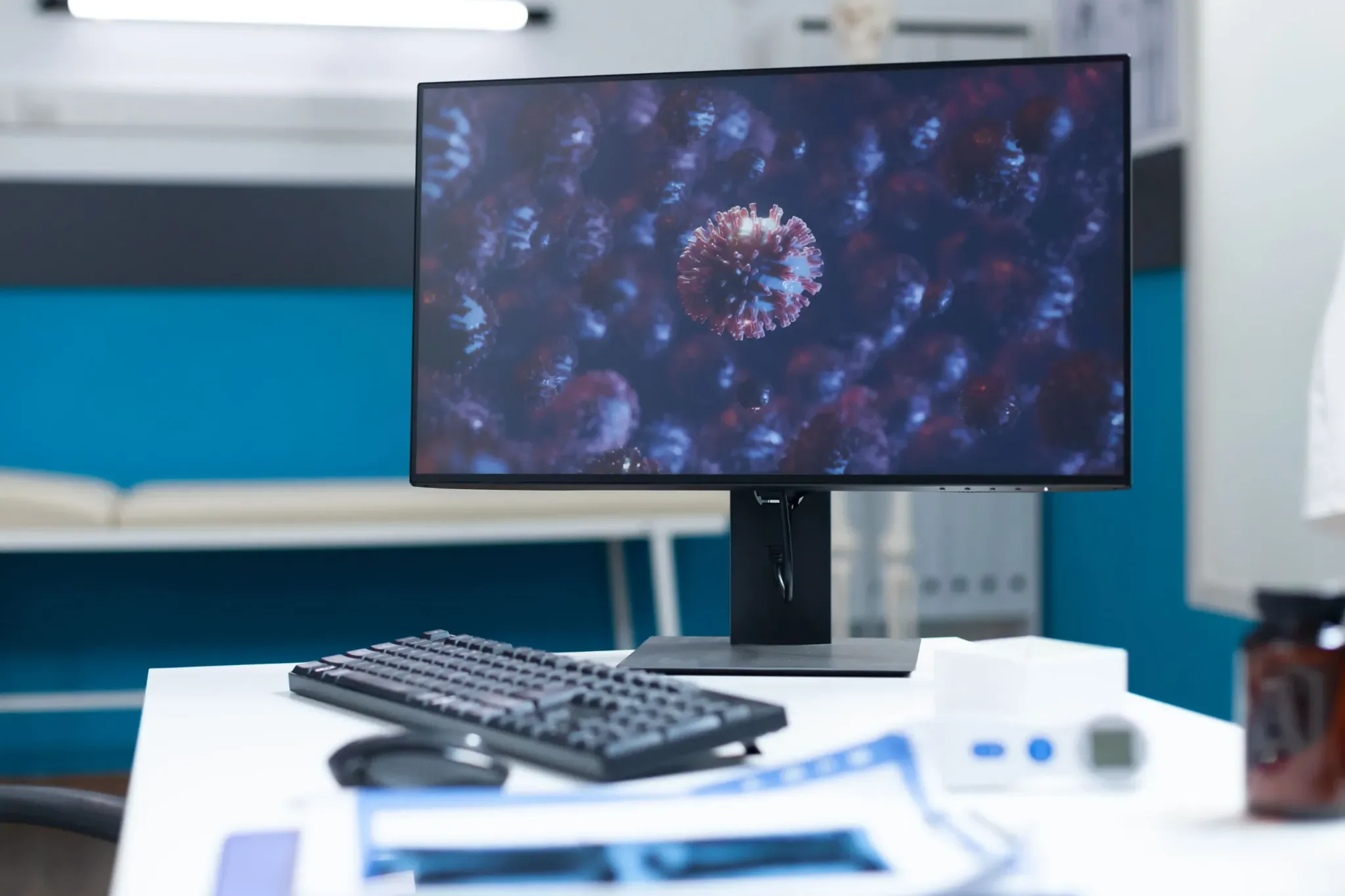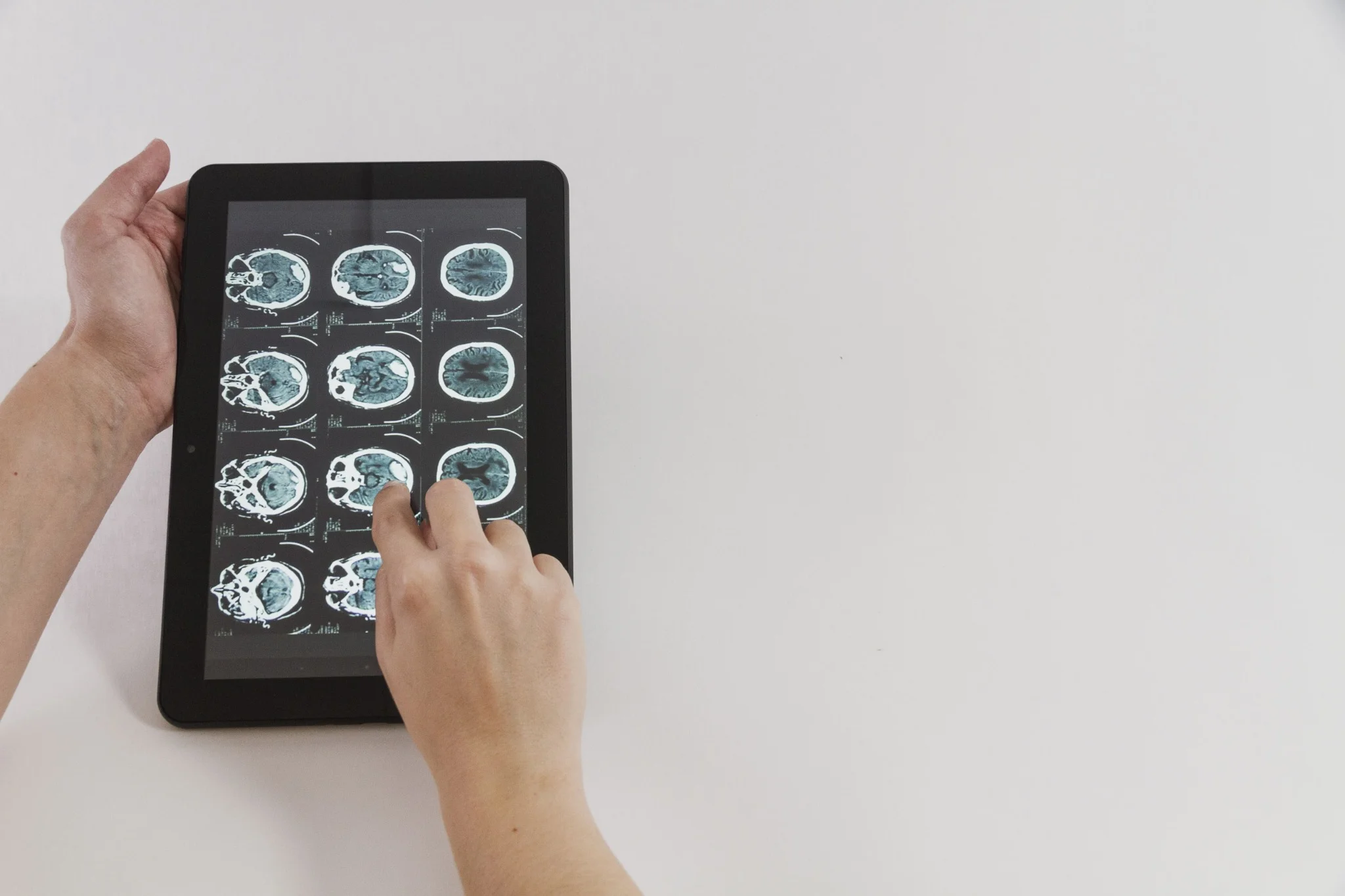Gestational Diabetes Mellitus (GDM) Test
Gestational Diabetes Mellitus Test Overview
The Gestational Diabetes Mellitus (GDM) test is a series of blood tests used to diagnose high blood sugar levels in pregnant women. It is typically performed between the 24th and 28th weeks of pregnancy to identify hyperglycemia that develops during pregnancy.
The American Diabetes Association (ADA) recommends a 2-step process to screen and diagnose gestational diabetes mellitus (GDM) during pregnancy. This test is important because GDM is a type of diabetes that develops during pregnancy and can affect both the mother and baby's health. By identifying GDM early, doctors can take steps to manage blood sugar levels and improve pregnancy outcomes. The 2-step process helps identify women at risk for GDM who may need further testing.
Step 1: 50g Glucose Challenge Test (GCT)
- This is a screening test done without considering your last meal time.
- You'll drink a sugary drink containing 50 grams of glucose.
- One hour later, a blood sample will be drawn to measure your blood sugar level.
Step 2: 100g Oral Glucose Tolerance Test (OGTT)
- This confirmatory test is only needed if your 1-hour blood sugar level in the GCT is higher than 140 mg/dL.
- You'll need to fast for at least 8 hours before the test.
- A blood sample will be drawn first to measure your fasting blood sugar level.
- Then, you'll drink a sugary drink containing 100 grams of glucose.
- Your blood sugar levels will be drawn again at 1, 2, and 3 hours after drinking the glucose solution.
Reasons for Undergoing the Gestational Diabetes Mellitus Test
Undergoing the GDM test is crucial for several reasons. Firstly, it helps in the early detection and management of gestational diabetes, which can prevent adverse pregnancy outcomes such as macrosomia and neonatal complications. Secondly, women with a history of GDM are at a higher risk of developing type 2 diabetes later in life, making early detection essential for long-term health monitoring. Lastly, diagnosing GDM allows for the implementation of dietary modifications, lifestyle changes, and, if necessary, pharmacologic therapies to control blood sugar levels, ensuring the health of both the mother and the fetus.
List of parameters considered during the Gestational Diabetes Mellitus Test
During the GDM test, the following parameters are measured: fasting blood glucose, 1-hour blood glucose, 2-hour blood glucose, and 3-hour blood glucose levels after consuming a glucose-containing liquid.
Gestational Diabetes Mellitus Test Preparation
Preparation for the GDM test involves eating an unrestricted diet containing at least 150 grams of carbohydrates for three days prior to the test, fasting for 8–14 hours, and discontinuing nonessential medications that affect glucose metabolism.
Gestational Diabetes Mellitus Test Results & Interpretation
The results of the GDM test are interpreted based on blood glucose levels at different times. If two or more values exceed the following thresholds, the diagnosis of GDM is confirmed:
- Fasting: ≥95 mg/dL
- 1 Hour: ≥180 mg/dL
- 2 Hours: ≥155 mg/dL
3 Hours: ≥140 mg/dL
For example, if the fasting blood glucose is ≥95 mg/dL and the 1-hour value is ≥180 mg/dL, it would indicate GDM.
Home Collection for Gestational Diabetes Mellitus Test near you
Metropolis Healthcare offers a convenient home sample collection service for the GDM test, ensuring comfort and safety for pregnant women. A trained phlebotomist will visit your doorstep to collect the necessary blood samples, maintaining high standards of sample handling and testing accuracy. This service allows you to undergo the test without the need to visit a clinic, saving time and effort. With timely and reliable results, Metropolis Healthcare's home collection service reflects their commitment to making healthcare accessible and providing quality diagnostic solutions conveniently at home.
Gestational Diabetes Mellitus (GDM) Test Price
Metropolis Healthcare is a leading diagnostics centre and pathology lab in India equipped with the latest state-of-the-art technologies that provides the Gestational Diabetes Mellitus (GDM) Test with a clear pricing structure.
The Gestational Diabetes Mellitus (GDM) Test Price in Mumbai is ₹ 315 .
We are committed to deliver accurate and quality results from the best labs in India with complete transparency regarding test cost and turnaround time. No matter where you are, we strive to offer patients high-quality service that is affordable and accessible.
Frequently Asked Questions
Why is 2 step procedure for Screening and diagnosis of Gestational Diabetes Mellitus(ADA) test Done?
The 2-Step Procedure for Screening and Diagnosis of Gestational Diabetes Mellitus (ADA) is done to identify individuals who have gestational diabetes, which is a type of diabetes that develops during pregnancy.
Here are the reasons why the 2-step procedure for Gestational Diabetes Mellitus (GDM) screening and diagnosis is done:
- The initial GCT is a simpler test, requiring less preparation and reducing burden on patients.
- GCT effectively identifies women at higher risk for GDM based on their blood sugar response to the glucose challenge.
- Reduces unnecessary testing: Women with normal GCT results likely don't require the more complex and time-consuming OGTT.
- Confirms diagnosis: OGTT provides a definitive diagnosis for women with high GCT results, allowing for proper management of GDM.
The 2-Step Procedure for Screening and Diagnosis of Gestational Diabetes Mellitus (ADA) is typically recommended for all pregnant individuals. However, there are certain individuals who are at higher risk for gestational diabetes and may be more likely to benefit from the screening and diagnosis. The American Diabetes Association (ADA) recommends that all pregnant individuals be screened for gestational diabetes between 24-28 weeks of pregnancy, but some individuals may need to be screened earlier or more frequently based on their risk factors.
Risk factors for gestational diabetes include:
- Obesity
- Previous diagnosis of gestational diabetes
- Family history of diabetes
- Previous delivery of a large baby
- A history of impaired glucose tolerance or impaired fasting glucose
- A history of polycystic ovary syndrome (PCOS)
It's important to note that even if a person does not have any risk factors, gestational diabetes can still occur, that's why the screening is recommended for all pregnant individuals.
The 2-Step Procedure for Screening and Diagnosis of Gestational Diabetes Mellitus (ADA) measures blood sugar levels in pregnant individuals to identify those who have gestational diabetes.
This test requires a blood sample. A tourniquet (elastic) band is placed tightly on the upper arm. The patient is then asked to make a fist. This helps in the build-up of blood filling the veins. The skin is disinfected before needle insertion and the blood sample is collected in vacutainer.
If the 2-Step Procedure for Screening and Diagnosis of Gestational Diabetes Mellitus (ADA) tests positive, it indicates that the individual has gestational diabetes. This means that the individual has high blood sugar levels during pregnancy. It is important for individuals with gestational diabetes to work closely with their healthcare provider to manage their blood sugar levels and reduce the risk of complications for themselves and their baby. This may include following a healthy diet, regular physical activity, and potentially taking medication to manage blood sugar levels.
The gestational diabetes mellitus (GDM) test is a series of blood tests used to diagnose high blood sugar levels in pregnant women.
Yes, Metropolis Healthcare offers a convenient home sample collection service for the GDM test, ensuring comfort and safety for pregnant women. A trained phlebotomist will visit your doorstep to collect the necessary blood samples, maintaining high standards of sample handling and testing accuracy.
Normal ranges for the GDM test are below the following thresholds: fasting <95 mg/dL, 1 hour <180 mg/dL, 2 hours <155 mg/dL, and 3 hours <140 mg/dL.
All pregnant women, especially those with risk factors like obesity, family history of diabetes, or previous GDM.
The benefits of the GDM test include early detection and management of gestational diabetes, prevention of adverse pregnancy outcomes, and long-term health monitoring for the mother and child.
Typically, the GDM test is performed once between the 24th and 28th weeks of pregnancy, unless high-risk factors warrant earlier testing.
The GDM test is usually done in the morning, after fasting for at least 8 hours.
Yes, fasting for at least 8 hours is required for the GDM test.
Yes, avoid smoking, remain seated, and discontinue nonessential medications that affect glucose metabolism.
The parameters included in the GDM test are fasting blood glucose and 1-hour, 2-hour, and 3-hour blood glucose levels.
The GDM test involves consuming a glucose-containing liquid and having blood drawn at specified intervals to measure blood glucose levels.
The GDM test is typically performed between the 24th and 28th weeks of pregnancy. However, if you have high-risk factors such as obesity, family history of diabetes, or previous GDM, your doctor may recommend earlier testing.
The GDM test becomes positive when two or more blood glucose values exceed the specified thresholds: fasting ≥95 mg/dL, 1 hour ≥180 mg/dL, 2 hours ≥155 mg/dL, or 3 hours ≥140 mg/dL.
The GDM test takes approximately 3 hours to complete.
The turnaround time for the GDM test reports may vary depending on the diagnostic lab and the city you are in. However, most labs provide the results within 24 hours based on the gay/time of sample collection. It is best to check with your doctor or the diagnostic centre for a more accurate estimate of when you can expect your reports.
Ratings & Reviews (0)
Why Metropolis?
Metropolis has a team of 200 senior pathologists and over 2000 technicians delivering diagnostic solutions in the areas of routine, semi specialty and super specialty domains like Oncology, Neurology, Gynaecology, Nephrology and many more.
We offer a comprehensive range of 4000+ clinical laboratory tests and profiles, which are used for prediction, early detection, diagnostic screening, confirmation and/or monitoring of the disease.





















 WhatsApp
WhatsApp